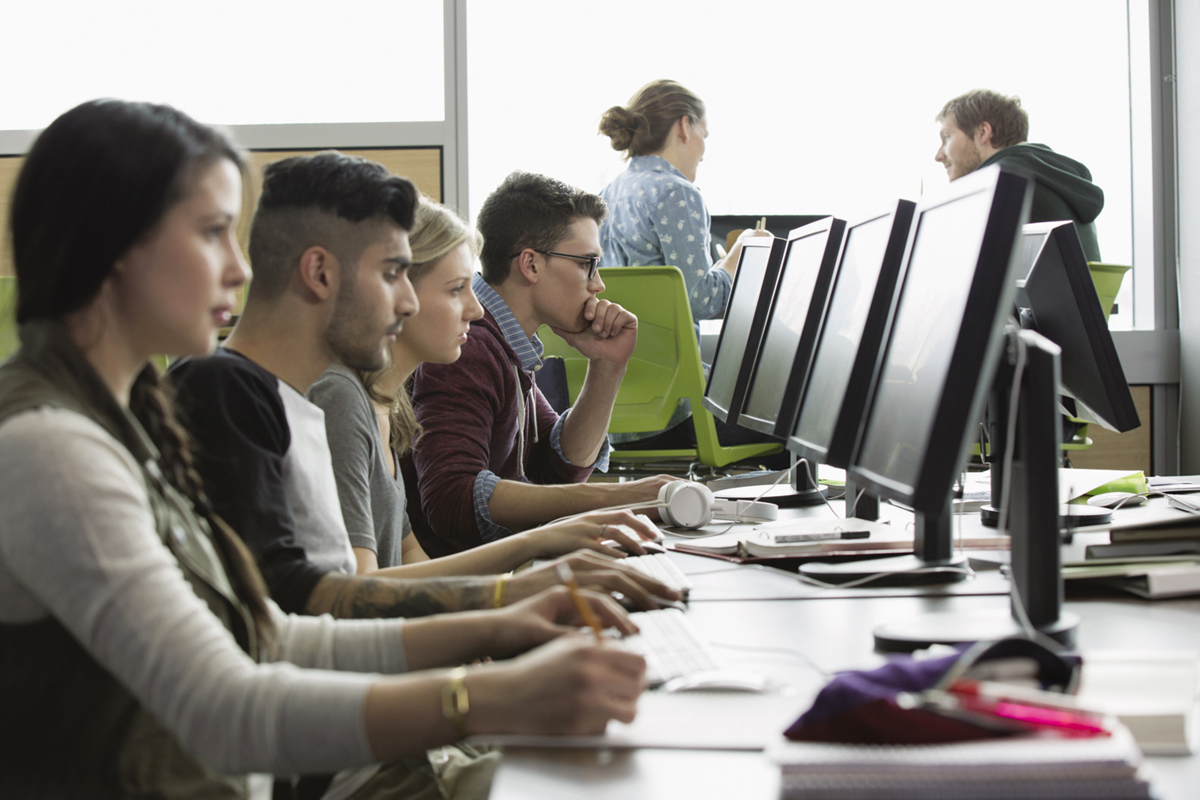INFORMATION LITERACY
Information literacy is the ability to find, interpret, and use information to meet your needs. It includes computer literacy, media literacy, and cultural literacy:
- Computer literacy is the ability to use electronic tools to conduct searches and to communicate and present to others the information you have found and analyzed. This ability involves using different computer programs, digital video and audio tools, and social media.
- Media literacy is the ability to think deeply about what you see and read through both the content and context of television, film, advertising, radio, magazines, books, and the Internet.
- Cultural literacy is knowing what has gone on and is going on around you. You have to understand the difference between the American Civil War and the Revolutionary War, U2 and YouTube, and Eminem and M&Ms so that you can keep up with everyday conversation and with your college reading material.
Information matters. It helps people make good choices. The choices people make often determine their success in careers, their happiness as friends and family members, and their well-being as citizens of our planet.
high-impact practice 3
Work Together
Information Literacy—A Survival Skill?
Brainstorm with a group of classmates and make a list of the components of “information literacy.” How many separate components did your group identify? This chapter asserts that information literacy is the premier survival skill for the modern world. Does your group agree? Why or why not? Share your group’s ideas with others in the class.
